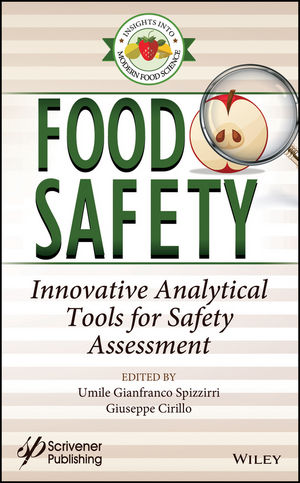FDA Reports Progress Between U.S. and Mexico Food Safety Partnership

At the virtual annual meeting of the U.S. Food and Drug Administration (FDA)-Mexico's National Service of Agro-Alimentary Health, Safety, and Quality (SENASICA)-Cofepris Food Safety Partnership (FSP), held on August 20, 2021, FDA has reported continuing progress to ensure the safety of food imported from Mexico.
SENASICA and the Federal Commission for the Protection from Sanitary Risks (Cofepris) signed a Statement of Intent in September 2020 that broadened and strengthened the existing Produce Safety Partnership, which was established in 2014, to include all human food regulated by FDA. Mexico is responsible for one-third of all FDA-regulated human food imported into the U.S.
FDA's Deputy Commissioner for Food Policy and Response, Frank Yiannas, opened the meeting, followed by remarks by Dr. Francisco Javier Trujillo Arriaga, director in chief, SENASICA and Dr. Alejandro Svarch Pérez, federal commissioner, Cofepris.
The three agencies provided updates to address FSP’s four key priorities:
- Outbreak response
- Laboratory collaboration
- Prevention
- Outreach and food safety training
Groups that were established at the start of the FSP reported seeing progress toward better protections for public health, particularly in the areas of exchanging analytical methods to improve detection and reduce exposure to food contaminated by Cyclospora cayetanensis. Additionally, the three agencies are working to improve outbreak response communications by increasing data sharing.
The FSP will also continue to facilitate outreach and training in multiple language on FDA's Produce Safety Rule (PSR) to the produce industry. The PSR, one of seven rules established under the Food Safety Modernization Act, includes certain produce imported or offered for import into the U.S.
Through combined efforts from SENASICA and the Mexican papaya industry, more than 300 growers have been trained on the Produce Safety Alliance's Grower Training curricula, since September 2020.
In addition, the FSP has launched a new website, with resources in both England and Spanish, to communicate FSP progress to stakeholders.
Looking for a reprint of this article?
From high-res PDFs to custom plaques, order your copy today!









